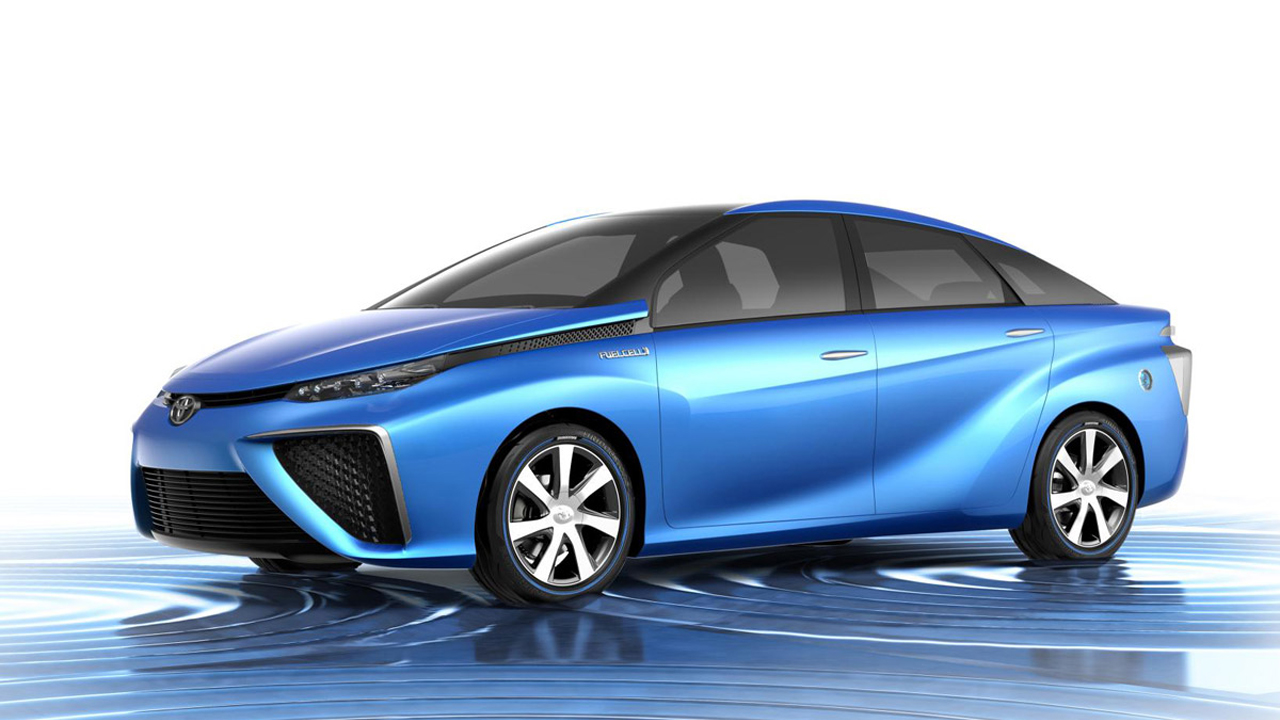Revolutionizing Indian Transportation: The Rise of Hydrogen Vehicles by 2025
Key Ideas
- Major automakers like Toyota and Hyundai are gearing up to introduce hydrogen fuel cell vehicles in India by 2025, offering impressive ranges and zero-emission driving.
- Tata Motors and Ashok Leyland are also venturing into hydrogen technology with buses and trucks, promising clean and quiet rides for public transport and heavy-duty applications.
- Reliance and KPIT are exploring hydrogen-powered two-wheelers, marking a significant step towards clean personal mobility in the country.
- Collaborations with Indian Oil and development of hydrogen refueling stations indicate a growing infrastructure to support the adoption of hydrogen vehicles nationwide.
As the world shifts towards sustainable transportation solutions, India is set to embrace the era of hydrogen-powered vehicles by 2025. Major players in the automotive industry are making strides towards introducing hydrogen fuel cell vehicles (FCEVs) to the Indian market, promising a greener and more efficient mode of transportation.
Toyota Mirai, a globally recognized hydrogen vehicle, is currently undergoing evaluation on Indian roads. With an impressive range of nearly 600 km on a full tank, the Mirai symbolizes Toyota's vision of zero-emission driving. The company is collaborating with Indian Oil to establish hydrogen refueling stations in select areas, laying the groundwork for a hydrogen infrastructure.
Hyundai is gearing up to launch its hydrogen SUV, NEXO, in India. Equipped with advanced features like ADAS and a digital cockpit, the NEXO offers similar specifications to the Mirai. Testing of the NEXO will commence in 2025, initially in cities where Hyundai is developing hydrogen infrastructure.
Tata Motors is exploring the potential of hydrogen in public transport with its Starbus Fuel Cell Electric Vehicle. Designed for urban commuting, the hydrogen bus promises a clean and quiet ride, aligning with the push for sustainable city transportation.
Ashok Leyland is venturing into hydrogen technology with trucks tailored for heavy-duty applications. These trucks are designed for long-haul journeys, aiming to reduce emissions while maintaining performance standards. Trials for Ashok Leyland's hydrogen-powered trucks are set to begin soon.
In a groundbreaking move, Reliance and KPIT are venturing into the two-wheeler market with compact hydrogen fuel cell scooters and bikes. Although still in early stages of development, these vehicles hold the potential to revolutionize personal mobility in India.
The collective efforts of automakers, energy companies, and technology providers, along with the support of government initiatives, are paving the way for a hydrogen-powered future in India. With a focus on sustainability and innovation, the introduction of hydrogen vehicles is poised to transform the country's transportation landscape, offering cleaner and more efficient mobility options for a greener future.
Topics
Public Transit
Public Transport
Logistics Industry
Future Technology
Transportation Technology
Indian Market
Green Vehicles
Personal Mobility
Cleaner Mobility
Latest News
